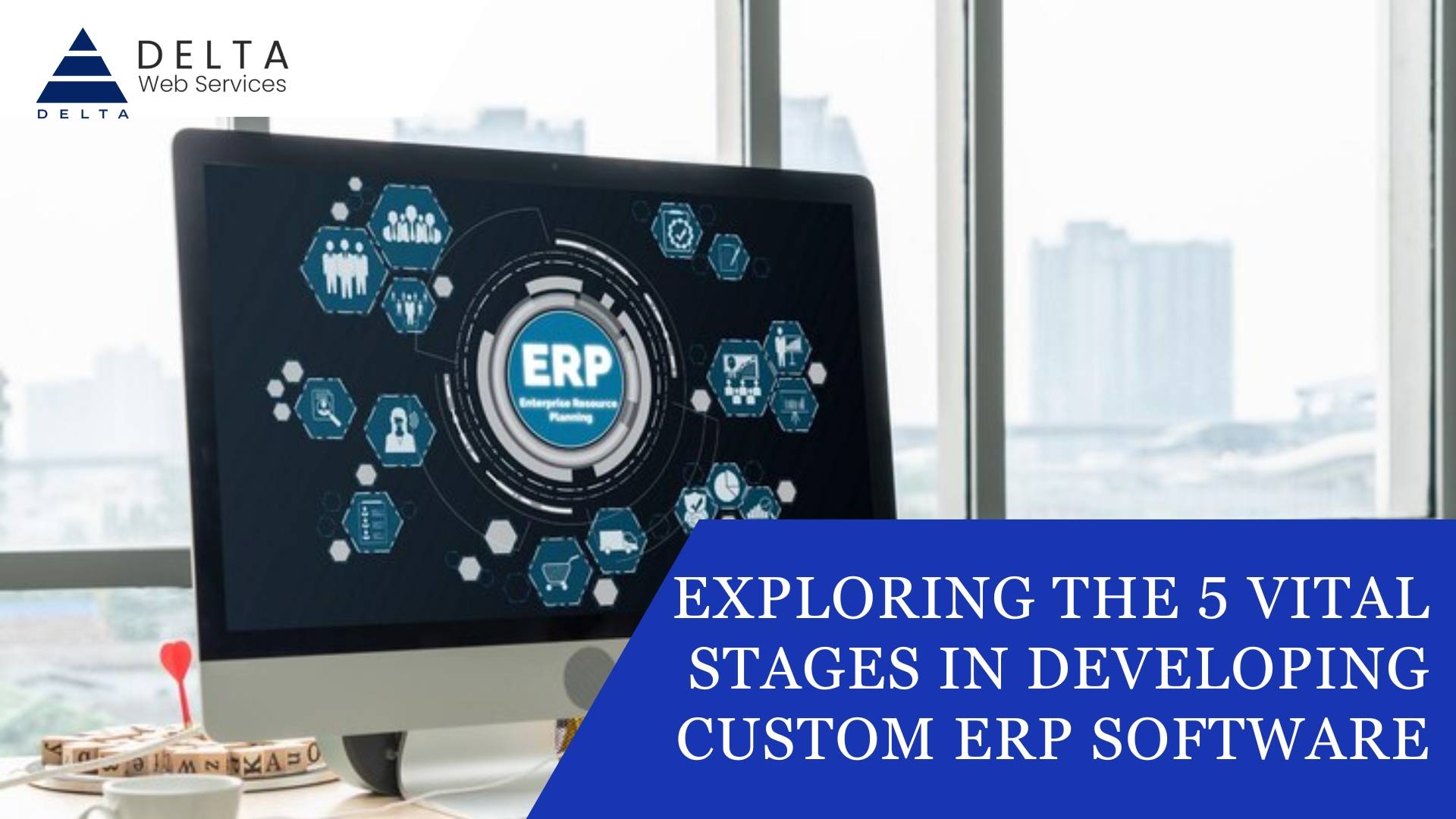Companies are continually seeking ways to enhance their processes, and one of the key solutions that have emerged is Custom ERP (Enterprise Resource Planning) Software. These tailored systems play a crucial role in streamlining business functions, optimizing resources, and fostering growth. In this article, we’ll delve into the five vital stages involved in developing custom ERP software that not only meets your unique business needs but also propels you ahead of the competition.
1. Understanding Your Business Needs
Embarking on the journey of developing custom ERP software begins with a comprehensive understanding of your business requirements. Engage with key stakeholders, department heads, and end-users to gather insights into the specific challenges and opportunities that your organization faces. This initial stage sets the foundation for the entire development process, ensuring that the software aligns perfectly with your business goals.
2. Strategic Planning and Design
Once your business needs are crystal clear, the next stage involves strategic planning and design. This is where the development team collaborates to create a blueprint for the ERP Development Company in Gurgaon. Addressing issues such as scalability, integration with existing systems, and user interface design is crucial at this point. By outlining a well-thought-out plan, you lay the groundwork for a system that not only addresses current challenges but also anticipates future growth.
3. Development and Coding
With the strategic plan in place, the development team can now proceed to the coding phase. This stage involves translating the design into functional code, creating the backbone of your custom ERP software. Agile development methodologies are often employed to ensure flexibility and adaptability during this process. Regular communication with the development team is key to staying informed about progress, allowing for any necessary adjustments along the way.
4. Testing and Quality Assurance
Quality assurance is non-negotiable when it comes to custom ERP software development. Rigorous testing is conducted to identify and rectify any bugs, glitches, or potential security vulnerabilities. This stage ensures that the software performs seamlessly in various scenarios and meets the highest standards of reliability. Thorough testing contributes significantly to the longevity and effectiveness of the custom ERP solution.
5. Deployment and Maintenance
After successful testing, it’s time to deploy the custom ERP software across your organization. Efficient deployment involves proper training for end-users, ensuring a smooth transition from existing systems. Post-deployment, a proactive maintenance plan is essential to address any unforeseen issues promptly. Regular updates and improvements keep the software aligned with evolving business needs, making it a valuable asset for the long term.
In conclusion, the development of custom ERP software is a multifaceted process that demands careful consideration at every stage. By understanding your business needs, strategically planning and designing, coding effectively, conducting rigorous testing, and deploying with precision, you set the stage for a powerful tool that can revolutionize your business operations. Embrace the potential of custom ERP and CRM Development Company in Gurgaon takes a significant step towards a more efficient and competitive future.




